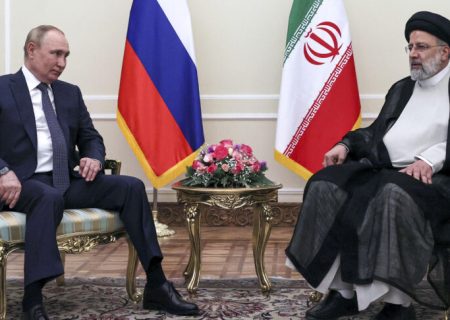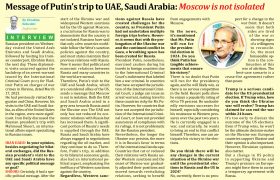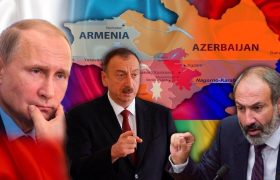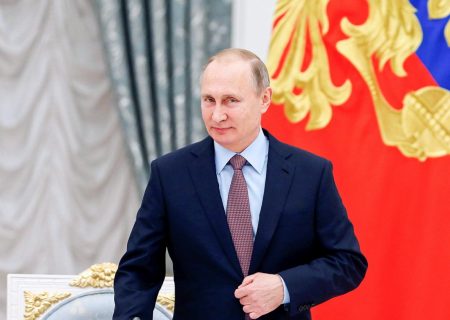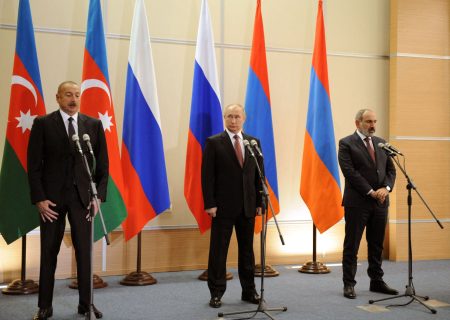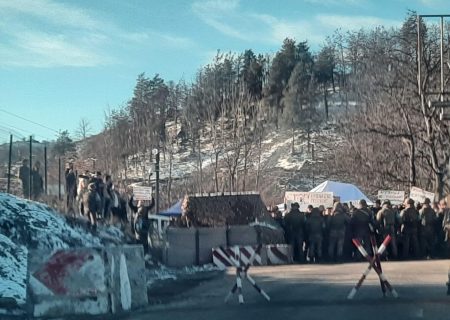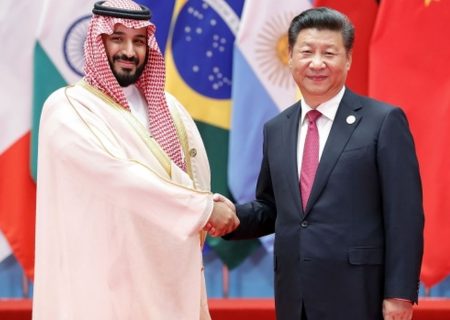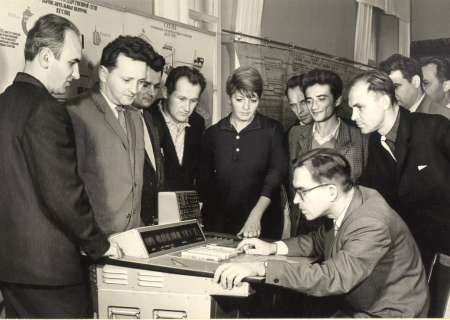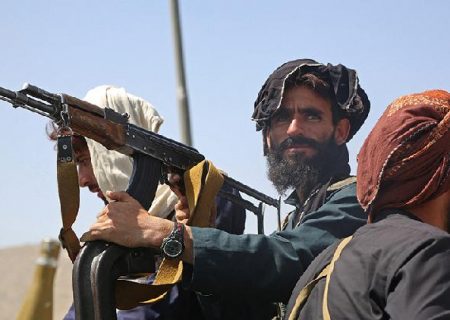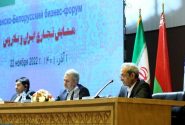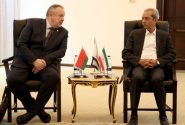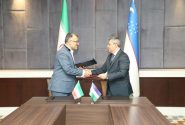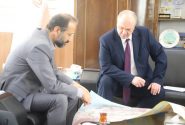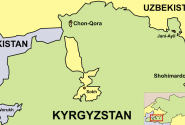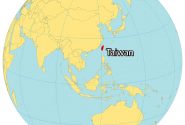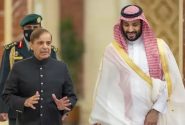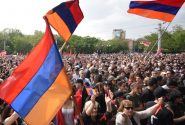News
 SCO’s impact on economic relations amidst sanctions, with emphasis on Russia and Iran
SCO’s impact on economic relations amidst sanctions, with emphasis on Russia and Iran
 The Historical Evolution of Tourism in Modern Turkey: From the Pre-Planned Period to the Planned Period
The Historical Evolution of Tourism in Modern Turkey: From the Pre-Planned Period to the Planned Period
 International Conference on Artificial Intelligence and New Diplomacies
International Conference on Artificial Intelligence and New Diplomacies
 Message of Putin’s trip to UAE, Saudi Arabia: Moscow is not isolated
Message of Putin’s trip to UAE, Saudi Arabia: Moscow is not isolated
 Russian professor proposes free trade regime and common technological space with Iran
Russian professor proposes free trade regime and common technological space with Iran
Expert opinions
Ukraine War and Putin’s Legacy
Ukraine War is reaching its anniversary. The longevity of this war would not only have a considerable impact on Russian current affairs, but also can erode Putin’s efforts for defining the post-soviet Russia. Ukraine war will diminish Putin’s legacy as a great figure in Russian history.
An Analysis of Armenia Not Welcoming Tripartite Negotiations
Strategic Council Online – Interview: An expert on Caucasus affairs said: Armenia is angry with Russia over its failure to give a quick and decisive response regarding the lifting of the blockage of the Lachin Corridor, and by not welcoming tripartite negotiations, it intends to show its dissatisfaction, but this action will not help to improve the situation and enables the Republic of Azerbaijan to find the possibility for more movement.
The causes and consequences of blocking the Lachin corridor
Strategic Council Online—Interview: Emphasizing that the Republic of Azerbaijan and Armenia should respect each other’s territorial integrity and observe international standards, an expert on international issues said that what happened with the blocking of Lachin corridor is against the standards of international law. The Republic of Azerbaijan should be demanded to cancel the restrictions and at the same time clarify the ambiguities of the Moscow Agreement, which was signed with the presence of Russia and between Armenia and the Republic of Azerbaijan, otherwise there is always the possibility of conflicts and disputes.
Strategic factors behind China’s (US rival) tendency towards the Persian Gulf region
Strategic Council Online—Opinion: In the recent visit of the President of China to Saudi Arabia and the unacceptable association of this country with the anti-Iranian statements of the Saudi authorities and also the members of the Persian Gulf Cooperation Council, while provoking public anger in Iran, has raised various ideas and analyses surrounding why this happened and the reasons for China’s closeness to the Arab countries of the Persian Gulf; But in this news-analytical frenzy, what has been neglected or at least less addressed is the examination and analysis of the variables and factors that caused China to be attracted to the Persian Gulf region as a competing power of the United States and its eagerness to enter into strategic agreements with various countries in this region. Mohammad Mehdi Mazaheri—University professor
OGAS & The Fate of the Soviet Internet; A Great Story of Communication History During the Cold War (Part I)
Amidst the turbulent and strained relations between the United States and the Soviet Union in the early 1960s, when Khrushchev was heavily criticized, and the Bay of Pigs invasion and Cuban Missile Crisis set the stage for a nuclear war, a small group of cybernetics living in Moscow and Kyiv were designing "electronic socialism" known as OGAS.
German industry reels from anti-Russian sanctions
Production decline in March exceeded analysts’ expectations
INTENSIFICATION OF TERRORIST OPERATIONS IN AFGHANISTAN; DIMENSIONS AND CONSEQUENCES
Strategic Council Online—Editorial: Afghanistan is going through difficult and worrying days. The suicide attacks and bombings in Kunduz, Kandahar, Kabul, Mazar-e-Sharif and other cities of the country against innocent civilians, which have left hundreds of martyrs and wounded so far, are completely targeted and the Taliban is responsible for preventing it.
Iran and Eurasian Economic Union Negotiations: Upgrading EAEU-Iran Preferential Trade Agreement into a Free Trade Agreement
The Treaty on the Eurasian Economic Union (EAEU) was signed on 29 May 2014 by the leaders of Belarus, Kazakhstan, and Russia, and came into force on 1 January 2015. Treaties for Armenia's and Kyrgyzstan's accession to the EAEU were signed on 9 October and 23 December 2014, respectively.

